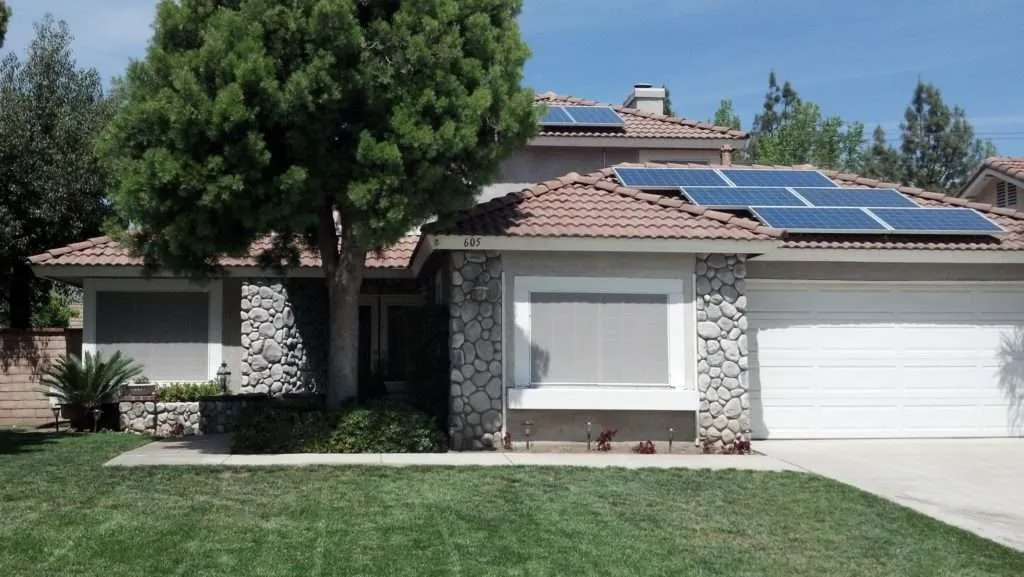
Choosing the right home solar screens can be a transformative decision for your home’s comfort and energy efficiency. These screens are designed to block out harmful UV rays, reduce glare, and help maintain a consistent indoor temperature, which translates into lower energy bills. But navigating the myriad of options available can be daunting. In this ultimate guide, we’ll dive into the key aspects you need to consider to make an informed decision on the best solar screens for your home.
From understanding the different materials used to the importance of professional installation, this guide will cover everything you need to know. By the end of this post, you should feel equipped and confident to choose the right solar screens that not only protect your home but also enhance its aesthetic appeal.
Contents
Types of Solar Screen Materials
Solar screens come in a variety of materials, each offering different levels of durability, visibility, and UV protection. The most common materials are fiberglass and polyester, with sun-shielding coatings or metallic finishes to enhance their protective qualities. Choosing the right material depends largely on your climate and how directly sunlight hits your home. Durability against elements like strong winds and abrasive dust is also a critical factor. For more detailed insights into the benefits of each type, visit https://ahouseinthehills.com/benefits-of-solar-screens-on-your-home/.
Larger thread counts and denser weaves can be great for homes in particularly sunny areas as they offer better UV protection and glare reduction. However, they might also reduce visibility and natural light slightly more than lighter weaves.

Measurements and Customization Options
One size does not fit all when it comes to solar screens. Accurate measurements are crucial for ensuring that the screens fit perfectly and provide maximum efficiency. It’s advisable to either consult with or hire a professional for taking precise measurements before ordering your screens. This ensures that there are no gaps for sunlight to creep through.
Apart from the functional aspect, customization options like colors and frame styles should blend seamlessly with your exterior décor. Many vendors offer customizable color options that match various architectural styles, thereby enhancing your home’s aesthetic while serving a functional purpose.
Energy Efficiency and Cost Savings
Solar screens are not just about keeping your home cooler; they play a significant role in energy consumption as well. By blocking out significant amounts of UV rays, these screens keep indoor temperatures more constant, which means less work for your air conditioning system and thus lower energy bills.
In terms of upfront costs versus long-term savings, quality solar screens can be an investment that pays off fairly quickly depending on your local climate and extent of sun exposure. Reductions in energy costs often compensate for initial investments within several years—a vital aspect to consider when making your choice.
Installation Process
The correct installation of solar screens is as important as choosing the right type. Poorly installed solar screens can detour from their effectiveness by leaving gaps or sagging after short periods of use. Hence, professional installation is recommended.
Finding skilled installers who provide warranties on their service can give you peace of mind that your investment is secure. Comprehensive installation includes checking for adequate support structures in existing window framing and ensuring each screen is properly anchored.
Maintenance and Durability
Maintenance ease is another essential factor in choosing your solar screens. Both natural elements and daily handling wear down the screen material over time. Select materials that are easy to clean with mild soap without needing special treatment solutions.
The longevity of solar screens varies dependent on material quality and exposure conditions but generally lasts between 5-10 years before requiring replacement or notable maintenance—a worthwhile consideration during selection.
Congratulations! You’re now armed with all necessary knowledge on choosing the best solar screens for your home from our intricate guide through various aspects: material types, customization alternatives, energy efficiency benefits, installation details, maintenance needs, and durability expectations.
With this information at hand, confident decisions can easily be made to suit both functional needs and architectural aesthetics. Have fun bringing an efficient comfort touch to your living spaces!
